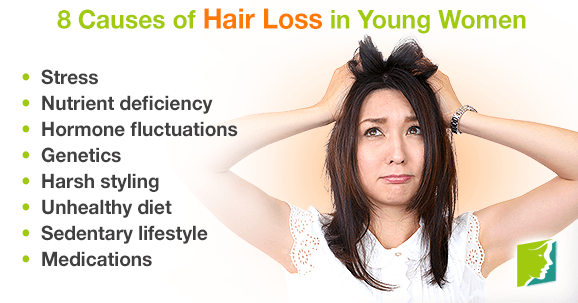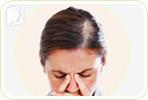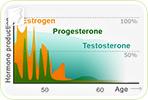While hair loss is more common in older women, it still occurs in young women as well. When a young woman experiences sudden hair loss, it is called alopecia. Normally, when a strand of hair falls out, another grows in its place. Hair loss occurs when the amount of hair that falls out is greater than the amount growing back. There are many causes for hair loss in young women, so it is important to be aware of these in order to prevent it from happening.
Stress
Stress is one of the main causes of hair loss in young women. Excessive stress can also weaken the body, making it susceptible to other illnesses. It is crucial to manage and reduce stress as much as possible to prevent hair loss.
Nutrient Deficiency
Vitamins like vitamin C and B6 are essential for maintaining healthy hair and stimulating hair growth. Iron deficiency is also a leading cause of hair loss. Taking vitamin supplements can help restore balance and promote hair health.
Hormone Fluctuations
Variations in estrogen and testosterone levels can induce hair loss. Testosterone cause hair follicles to shrink, making it harder for new hair to grow. For young women, hormones tend to fluctuate during menstruation. Hair loss is also a symptom of polycystic ovarian syndrome, which typically affects women under 45.
Genetics
Having a family history of premature balding increases the risk of experiencing hair loss at an early age.
Harsh Styling
Frequent use of styling with hot tools, severe chemical treatments, and dyeing can accelerate hair damage and loss. The best thing you can do for your hair is go all natural. If you do style it, try to keep it to a minimum.
Unhealthy Diet
What you eat is crucial to how you look and feel. Eating fried, salty foods high in saturated fats is commonly linked to hair loss, acne, and obesity. Foods that have the nutrients to promote healthy hair growth include salmon, walnuts, avocados, red meat, and guavas.
Sedentary Lifestyle
Leading an inactive lifestyle can be a contributor to premature hair loss, and it can also lead to obesity, depression, and other health concerns. It is important to get at least 30 minutes of aerobic activity every day.
Medications
Certain medications like oral contraceptives, antidepressants, and blood thinners can cause hair loss as a side effect. It is important to be aware of the potential side effects of your medications.
While hair loss in young women isn't very common, it can still occur. It can be frustrating and debilitating to a woman's self-esteem. There are many potential causes of hair loss in young women, so it is important to be aware of them and try to avoid them. Maintaining a healthy lifestyle and balanced diet will help keep hormones balanced and prevent hair loss.
Sources
- Mayo Clinic Staff. (2014). Hair Loss. Retrieved November 24, 2014, from http://www.mayoclinic.org/diseases-conditions/hair-loss/basics/definition/con-20027666
- National Institutes of Health. (2014). Female pattern baldness. Retrieved November 24, 2014, from http://www.nlm.nih.gov/medlineplus/ency/article/001173.htm
- National Institutes of Health. (2014). Hair Loss. Retrieved on November 24, 2014, from http://www.nlm.nih.gov/medlineplus/hairloss.html
- Park, S.Y. et al. (2013). Iron plays a certain role in patterned hair loss. Journal of Korean medical science, 28(6), 934-938. doi: 10.3346/jkms.2013.28.6.934
- Riedel-Baima, B. & Riedel, A. (2008). Female pattern baldness may be triggered by low oestrogen to androgen ratio. Endocrine regulations, 42(1), 13-16. Retrieved from http://www.ncbi.nlm.nih.gov/pubmed/18333699




